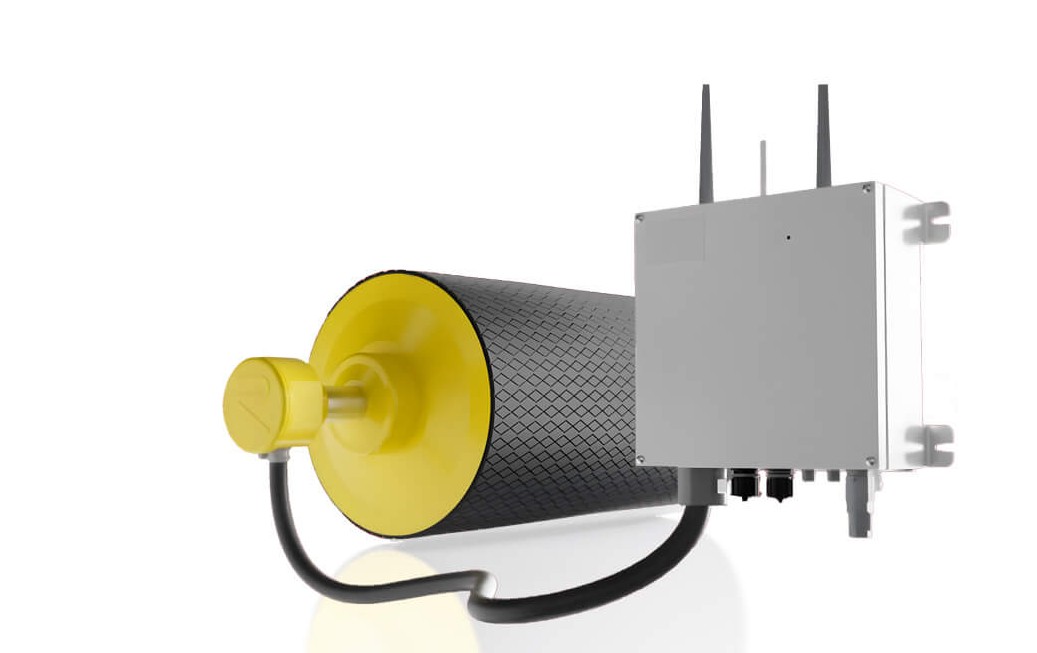Drive solutions from Nord Drivesystems increase the efficiency in system operation at several points in the packaging process chain. With two concepts, the company mainly focuses on the fields of end-of-line packaging and primary packaging, where its decentralised drive technology and wash-down-capable aluminium housings achieve significant cost benefits.
Packaging processes require a high level of dynamism, flexibility and cost efficiency. End-of-line packaging and primary packaging offer great potential here that is increased by drive solutions from NORD DRIVESYSTEMS.
Decentralised drive technology
With a solution combining decentralised drive electronics and asynchronous motors, NORD provides the end-of-line packaging with an in many ways efficient alternative to centrally controlled concepts. The mounted frequency inverters free the drive system of complex wiring. This significantly reduces installation and maintenance efforts. Furthermore, the systems become easier to scale to that they can be quickly and easily adapted to new requirements. Thanks to their high overload capacity and control without encoder, drive solutions from NORD achieve the dynamics required by applications in final packaging. The integrated POSICON module allows for precise positioning. All in all, this results in significant cost benefits over the commonly used centrally controlled servos solutions.
Drives with treated aluminium housing
For primary packaging, NORD’s NXD tupH® surface protection reveals the process advantages of components with aluminium housings. With NXD tupH®, aluminium surfaces are electrolytically treated and coated with a powerful sealer. This makes them particularly resistant to extreme environmental conditions such as contact with aggressive cleaning chemicals in wash-down areas. Thanks to the sealer, no particles will flake off even if damage occurs to the surface. NXD tupH®-treated surfaces are free from PFAS, and food-safe according to the provisions of the FDA and the EU Regulation 1935/2004 as well as the respective regulations in Switzerland and the MERCOSUR states. The strengths of aluminium are thus also coming into effect in primary packaging. Aluminium is lightweight, economical and fully recyclable. Furthermore, aluminium housings provide high heat conductivity, thus reducing the maximum surface temperature.
similar news














